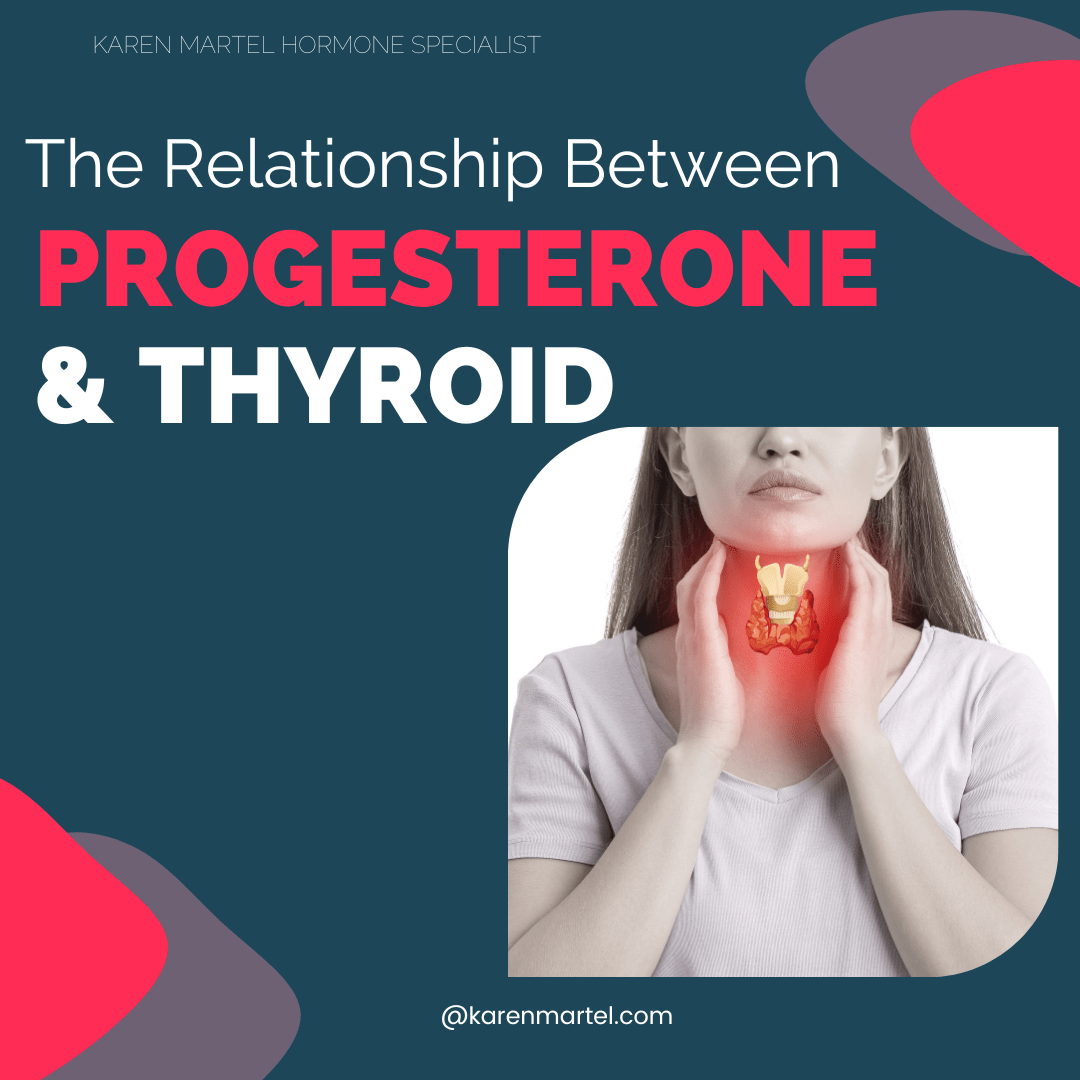
The Relationship Between Progesterone and Thyroid
Progesterone plays an important role in regulating thyroid function. The thyroid gland produces hormones that help to regulate metabolism and energy levels in the body. Progesterone has been shown to have a positive effect on the thyroid gland, helping to promote the production and release of thyroid hormones.Progesterone can help to regulate the activity of the thyroid gland by modulating the activity of certain enzymes involved in thyroid hormone synthesis. It also helps in the conversion of T4 (thyroxine) to T3 (triiodothyronine), the active form of thyroid hormone.Progesterone can also help to protect the thyroid gland from damage caused by inflammation and autoimmune disorders. Studies have shown that progesterone can help to reduce the risk of developing autoimmune thyroid disorders such as Hashimoto's thyroiditis.
However, progesterone levels can also affect the conversion of T4 to T3, if progesterone levels are too high, it can slow down this conversion and lead to hypothyroidism symptoms, such as fatigue, weight gain, depression and cold intolerance.
It is important to note that, while progesterone can have a positive impact on thyroid function, it is not a replacement for proper medical treatment for thyroid disorders. If you are experiencing symptoms of a thyroid disorder, it is important to consult with a healthcare provider to determine the best course of treatment for you.
In conclusion, progesterone plays an important role in regulating thyroid function by promoting the production and release of thyroid hormones, modulating the activity of certain enzymes and protecting the thyroid gland from damage caused by inflammation and autoimmune disorders. However, progesterone levels must be in balance, too much of it can affect the conversion of T4 to T3 and lead to hypothyroidism symptoms. It's important to consult with a healthcare provider to determine the best course of treatment for an individual woman.

Find Karen Martel on Apply Podcast
Karen Martel is a Certified Hormone Specialist and Transformational Nutrition Coach dedicated to empowering women through their health journeys.
As the host of the popular podcast The Hormone Solution, Karen tackles the complexities of hormonal health, weight loss resistance, and the challenges that come with perimenopause and menopause.
Her mission is to disrupt outdated narratives surrounding women's health, providing reliable information and practical solutions that help women reclaim their vitality. With personal experience overcoming her own health struggles, Karen offers insights into hormone optimization and sustainable weight management strategies.
Join her as she engages in enlightening conversations with experts and shares actionable advice, all aimed at helping women navigate their unique hormonal landscapes with confidence and clarity. Tune in to discover how to embrace life's stages while enhancing overall well-being.







